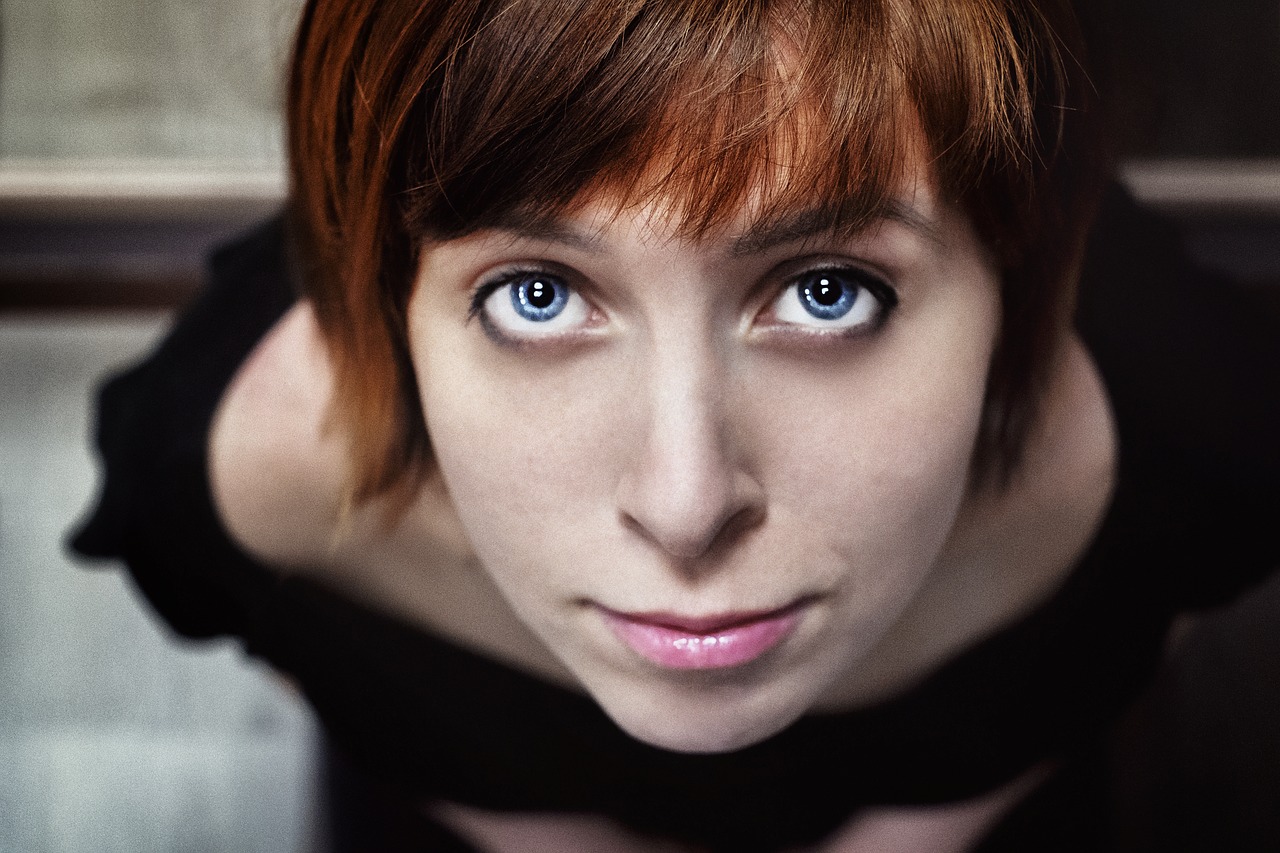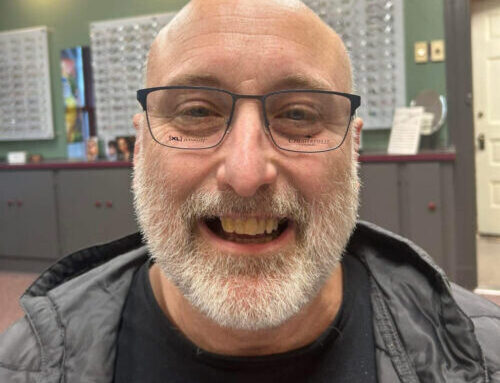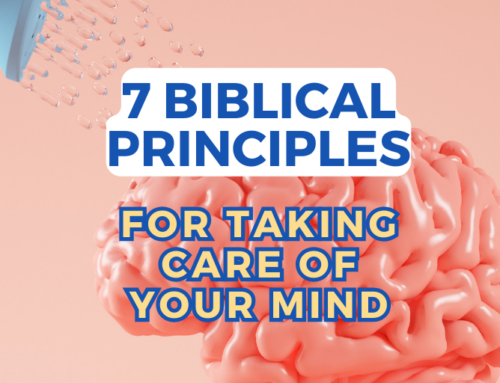There is nothing like a dream to create the future. ― Les Misérables
In my teens, my life was full of hopes and dreams. Or so it seemed. On the outside, I was a star athlete, a stellar student, a charismatic leader, and a champion for the underdog. On the inside, I was battling with voices telling me I was a worthless impostor who would never amount to anything.
In my twenties, I tried to abandon hope. When I envisioned living the American Dream, the eyes of my mind saw only a bleak, meaningless existence dark and dreary. I sabotaged my success by embracing thoughts and engaging in behaviors that kept my hope at bay.
Yet hope is not easy to do away with. In spite of all my efforts to snuff it out, it was continually ignited in spite of myself. I read voraciously and wrote incessantly. I thought a lot about God and how God was at work in the world. I learned how to think critically and fashion an intelligent argument. Most importantly, I learned to love learning and this has given me hope throughout my days.
There is hope, even when your brain tells you there isn’t. ― Turtles All the Way Down
When I turned 30, my brain betrayed me and all hope came crashing down around me. My dream of serving God by loving God’s people turned to a nightmare that I would no longer be a pastor, that my family and friends would abandon me, and that I would be confined to a psych hospital. That is what my brain was telling me.
But my thoughts were not God’s thoughts. God sent me back into ministry, this time with a greater compassion for what persons impacted by mental illness go through as they live out their faith. I spent over a decade reclaiming my hope as the Good News of Christ’s love for us in the midst of our brokenness came alive in my life and in the life of others.
Hope itself is like a star – not to be seen in the sunshine of prosperity, and only to be discovered in the night of adversity. ―
Somewhere in my 40s, my personal hope collided with God’s hope for me. I accepted a position at a church in an overly ambitious church and tried to get them to place their hopes in me. I quickly learned that while the people there desperately needed a Savior, it couldn’t be me. My effort to be all things to all people nearly destroyed my life. It did contribute to the ruin of my marriage relationship and the end my pastoral career.
The rest of the decade I wandered in a dark wilderness. Sleeping through the day. Trying on a faith that was not my own. Going through the motions of good deeds with a heart not in it. Desperately searching for love and acceptance where it would not come. I was miserable. I felt it. I looked it. I lived it.
Hope is the thing with feathers
That perches in the soul
And sings the tune without the words
And never stops at all.
―
I’m now in my 50s and I am soaring on the hope that had been buried for decades. I am back in ministry, this time with a laser focus on fostering faith in those impacted by mental illness. Doing what I love with people that I love. I am surrounded by friends and family who encourage and inspire me to be as God created me to be, not do whatever others want me to do. I have met and married my ezer, faithful partner. We are beginning to dream a future together.
In my ministry, I come to know many people who believe hope has abandoned them. Some become bitter. What did I ever do to deserve this? Some are lost in spiritual shame. God can never love a sinner such as I.
Then there are some who manage to hold onto hope, or, said better, see that hope is holding onto them.
But God will never forget the needy; the hope of the afflicted will never perish. (Psalm 9:18)







